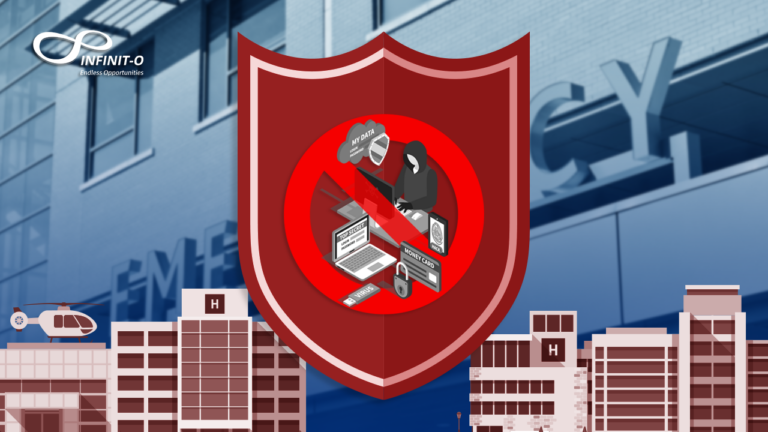Improving Patient Matching Can Reduce Medical Costs
One of the major challenges in healthcare today and critical to effective health information exchange is patient matching. Duplicate and fragmented patient records can put patient safety at risk. A recent Black Book Research found complex issues surrounding the patient matching of electronic health records (EHR), which can impact hospital costs and increase patient safety risks. Inaccurate EHR can lead to wrong medication prescriptions, misdiagnoses, and patient mistreatments.
According to the research, 33 percent of all denied claims resulted from inaccurate patient identification. Denied claims cost hospitals an average of $1.5 million in 2017 and $6 billion annually for the US healthcare system as a whole. The cost of medical care due to duplicate records averaged $1,950 per patient per in-patient stay and more than $800 per Emergency Department visit.
What is Patient Matching?
Patient Matching is the process of comparing data from different sources to verify if they belong to the same person. If they match, those records are combined to eliminate duplication and confusion. It enables the integration of data from various providers and health IT systems, including electronic health records (EHR) and personal health records (PHR). This data integration can help create a comprehensive outlook of a patient’s health for better treatment and reduce medical costs.
Time to tackle Patient Matching
Various health industry groups and IT interoperability experts have called on Capitol Hill to finally make patient matching a priority. According to HealthcareITNews, 33 organizations have petitioned both houses of Congress to include a report that seeks to end patient safety issues related to patient matching in any appropriation bills for 2019 from the House or Senate.
The lack of a national patient identifier system and the current US Congressional prohibition of federal funding for research on nationwide patient ID has been a frustration among health IT experts, who understand the benefits of having a more seamless patient matching technology.
Patient Matching Technology
One of the most effective ways of preventing patient identification errors is the use of Enterprise Master Patient Index (EMPI). It is a patient database used by healthcare organizations to maintain accurate medical data across various departments. Patients are assigned a unique identifier, so they are represented only once across the system. It has advanced tools and matching algorithms that can enable health providers to address the challenge of gaining a complete picture of their patients.
Here are three ways on how patient matching can help health organizations and reduce cost:
-
Ensures Performance Efficiency and Quality
EMPI has robust capability and high speed processing that can effectively improve the computing performance to synchronize patient data. With advanced matching algorithms, EMPI provides interoperability among various systems and drives operational efficiency. It helps in delivering better healthcare by providing a holistic view of each patient and links the right patient to the right data.
An advanced EMPI can efficiently handle the data processing required and ensure top performance. It allows you to verify and standardize patient information across your various internal systems and external reference sources to ensure high quality real-time patient data management.
-
Promotes Patient Engagement
Using EMPI ensures that your clinicians are armed with complete information at the point of care and across multiple care settings. This leads to better communication between providers and patients, improves coordinated care, and promotes patient engagement.
Consolidating patient records into a single view is not only instrumental to patient safety, but also reduces the cost of outreach since it eliminates the need for the health facility to send and track multiple communications to the same patient. Maintaining control over records and patient documentation also helps improve reimbursement and optimize your revenue management cycle.
-
Provides Advanced Cloud Technology and Security
An advanced EMPI is built on a modern platform that enables quick implementation that eliminates high vendor service costs. It simplifies integration and maintenance and makes data management easier for your organization.
It can be implemented either within premises or cloud-based infrastructure, which can reduce costs by minimizing the need for hardware and internal management. It helps ensure that your database stay updated with topnotch security.
Trust a Reliable Global Business Solutions Partner
When you partner with Infinit O, you gain access to world-class Registered Nurses, licensed Clinical Abstractors and Auditors, who are adepts in abstracting highly complex clinical data and facilitating quality assurance audits to ensure accurate patient matching, medical coding, billing, and compliance with regulatory standards.
Infinit-O is the trusted customer-centric and sustainable leader in Business Process Optimization to Small and Medium businesses in the Financial Services, Healthcare and Technology sectors by delivering continuous improvement through technology, data and people.







This site is protected by reCAPTCHA and the Google Privacy Policy and Terms of Service apply.